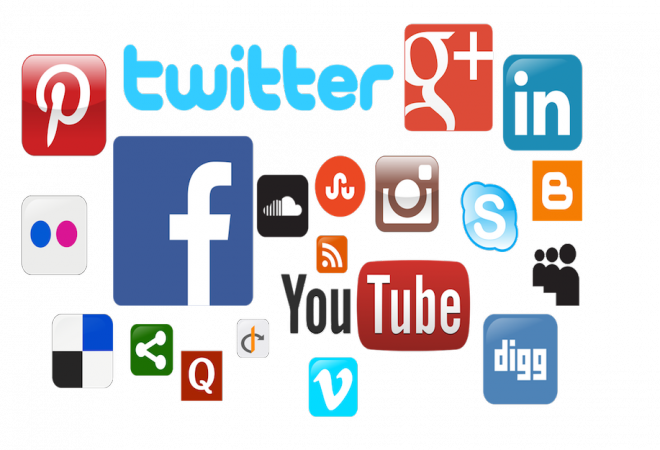

“If you make customers unhappy in the physical world, they might each tell six friends. If you make customers unhappy on the internet, they can each tell 6,000 friends”
Jeff Bezos, CEO at Amazon
Social media began almost a decade ago but it’s become a far more prominent and important part of most people’s lives than we could have predicted. It has become a more advanced version of the classic word-of-mouth – and companies try to use it as such.
Here are five tips to help increase your influence through social media platforms.
1. Know your online presence
Nowadays, almost all groups, charities, companies and individuals are running a social platform (or they should be). However, to make the most of your online presence, you need to be able to answer three fundamental questions:
- What is my online presence? For instance, we’ve had clients not knowing about multiple Twitter, LinkedIn and Facebook feeds, working inconsistently with different messages
- Which social platforms best fit my supporter /audience base? For instance, Vine, the six second video sharing site, lends itself very well to WWF’s endangered species programme, but is perhaps less effective for the Samaritans’ support work
- How are we measuring our influence online? Are we plotting and measuring where people go on our site, who is re-tweeting and what number of comments are we getting on our posts? (and, more importantly, how many people has this been fed on to)? Most platforms offer tools to measure how many times your pages or posts have been seen, the number of clicks per minute you’ve received, what content is the most appreciated (liked) by viewers, and so on.
2. Understand the best way to influence key audiences
Once you have found what is the best platform to reach your target audience, you need to find the best way to influence them through this channel. Should we produce posts, videos, photos and engage our target audience with games, petitions, actions, competitions etc? Keep them informed of how many actions and time spent equates to a certain level of influence. Amnesty do this really well, explaining that in 5 minutes you could sign a petition, with half a day’s support, you could attend a rally.
3. Produce shareable content – and make it easy to do so!
Most social platforms allow for the sharing of content so it is easy to engage with campaign videos, infographics, viral, posters, etc. in this most popular way. As stand out is tough on social platforms, all your creative talents should be focused on producing relevant photos to promote your posts and increase sharing opportunities. Make sure your content is not too heavy and long, and that people can quickly understand and share with their comments (and ownership). Heck, why not write a shareable chunk of text to go with posts, 140 word re-tweet friendly.
4. Consistent and flowing campaigns – don’t start and stop.
When you start being present on a social, make sure you keep your audience engaged by regularly posting information (at least twice a week). Show off past projects and successes, the difference you’ve made so far, your ‘storyboard’ or your personality – by interacting in this way, you will build engaged audiences. Keep you audience up to date. But don’t bore them.
5. Finally, let others do the heavy lifting!
Relevant partners will happily use your content, so build your campaign and change strategy with this in mind. You may well be the trusted partner in this programme and you can make use of networks, which may well quickly get to 1.5million people – if you are working with O2 Priority Moments, for instance. This is well worth doing if it can build support and engagement in a meaningful and relevant way.
Some of the best charities and environment social campaign from the last year include:
Campaign “Touch Yourself” for Breast Cancer Awareness

The campaign launched in October 2012 by F Cancer and Women’s Health and Men’s Health magazines, aimed to promote early cancer detection through self-checks for breast lumps. A Facebook app was created to pledge to perform a self-check and share a variety of 14 pre-written postcards with friends, encouraging them to do the same.
This is the king of campaigns, a perfect example of how to use of social channels. Facebook was the main channel, with sharable content engaging the target audience and ways to encourage friends to do the same.
Campaign Twestival for Charity: Water

“On 12 February 2009, 200+ international cities hosted a Twestival (Twitter + festival) to bring Twitter communities together to raise money for Charity: Water”. One week later the charity water staff flew to Ethiopia to drill the first well.
They immediately posted videos on Twitter related to their work, with some “re-tweetable“ information about water conditions, and published funds raised for each city. The Twitter activity allowed communities to engage, raise £174,899 funds for water projects, to build 55 wells, to serve water to over 17,000 people, and also to allow followers to see the day to day activity.
